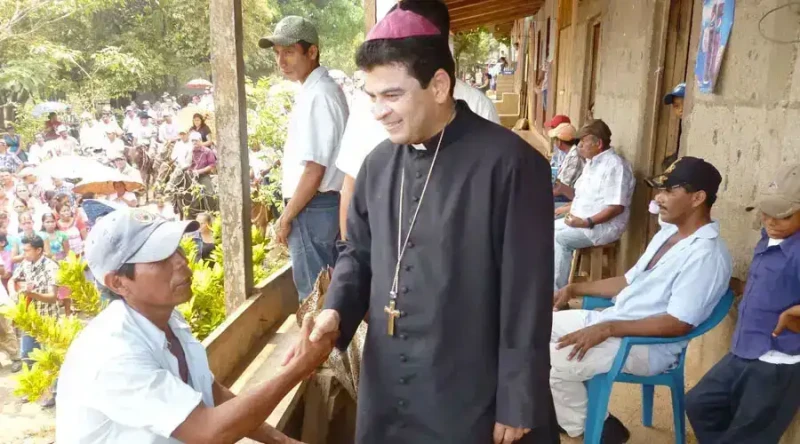Tanzania’s government under President Samia Suluhu is facing scrutiny after it deregistered a church led by a bishop who publicly condemned the abduction of political activists. The move has ignited concerns over shrinking civic space and mounting pressure on religious leaders who speak out against state actions.
What Happened?
The controversy began when Bishop Eliud Isangya of the Tanzania Assemblies of God Church publicly criticized the disappearance of several opposition-linked activists. His statements, made during a church service and circulated on social media, accused security forces of targeting dissenters and warned against a culture of fear and intimidation.
Shortly after his remarks gained traction, the government revoked the registration of his church. Officials cited administrative non-compliance, but the timing has led many to believe the action was retaliatory.
A Pattern of Silencing Dissent?
Critics argue this is part of a broader pattern under Samia Suluhu’s government. Since taking office in 2021, Suluhu had initially been viewed as a more moderate leader compared to her predecessor, John Magufuli. However, recent developments suggest a return to more authoritarian tactics, especially toward activists, journalists, and now religious leaders.
Human rights organizations have flagged the abduction of activists as a serious violation. Groups such as Amnesty International have documented cases of forced disappearances, alleging state complicity. Bishop Isangya’s decision to speak out was seen as brave, but the government’s response raises alarms over freedom of speech and religion in Tanzania.
Religious Leaders Under Pressure
In many parts of Africa, churches are more than places of worship — they are platforms for community engagement and moral authority. By targeting religious figures who criticize the state, the government sends a clear message: dissent, no matter the source, will be punished.
This crackdown may have a chilling effect. Other religious leaders could now hesitate before speaking against injustices for fear of retaliation. This not only undermines religious freedom but also stifles one of the few remaining voices of conscience in Tanzania’s public sphere.
The Bigger Picture
As Tanzania positions itself as a stable partner in East Africa, these domestic actions tell a more troubling story. The deregistration of a church over political remarks undermines the country’s democratic image. International observers, including diplomats and regional allies, are likely watching closely.
Conclusion
The deregistration of Bishop Isangya’s church isn’t just about paperwork — it’s a warning to all who dare to challenge the status quo. Under Samia Suluhu’s government, the space for dissent seems to be shrinking, and even the pulpit is no longer safe. Whether this sparks further resistance or deeper silence remains to be seen.



